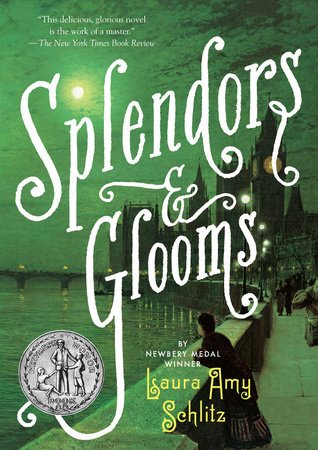Like many lifelong nerds and overfunctioning achievers, I am slightly addicted to school. I was a teacher for eleven years, loved college, worked full time while earning my master’s degree and still couldn’t quite shake the itch. I have always thought that maybe one day I would go back. But it’s an expensive pursuit. And the older I’ve grown, the less I have time or patience for some of the red tape and snobbery of academia. Don’t get me wrong, I love to learn, deeply respect those who devote their lives to learning and teaching, and I have a weird obsession with pomp and circumstance. But the “ivory tower” motif exists for a reason.
Photo by Elena Theodoridou on Unsplash
DID YOU KNOW?
The modern usage of the phrase “ivory tower” derives from a French phrase written in the 19th century by the literary critic, Charles Augustin Sainte-Beauve (1804-1869). He wrote criticizing the poet Alfred de Vigny for removing himself from public life and retreating from the social setting of the Romantic movement to his private estate. Poor Vigny had a rough marriage and a mistress who cheated on him … Do we feel sorry for Vigny? Not sure.“It was said to be Sainte-Beuve’s most famous phrase; it reverberated in both French and anglophone culture at the turn of the century; and many encyclopedias, reference works and surveys of French literature alluded to it. Every educated person in the French- and English-speaking worlds appears to have been familiar with it.” (Steven Shapin, “The Ivory Tower: the history of a figure of speech and its cultural uses,” British Society for the History of Science, 45(1): 1–27, March 2012. British Society for the History of Science 2012)
AS I WAS SAYING…
What I have come to realize is that I deeply value a life of the mind AND a life of practical service to the world. I used to think it had to be one or the other, you had to choose a rich interior life or a practical life – you had to sacrifice an internal life for a noble life or you had to hole yourself away for deep thought. Perhaps it is the experience of mothering busy children while tending to a busy mind or teaching wild, questioning teenagers while daily learning myself that taught me that I need both. I don’t have time for an interior life that doesn’t serve the everyday: my children, my neighbors, my city, my fellow humans. And I’m also frankly terrified of thoughtless people who have no interior life or look down on academia as useless.
One of my favorite organizations, the Dallas Institute For Humanities And Culture puts it so well in their mission statement. They are a “non-profit educational organization that exists to enrich and deepen the practical life of the city with the wisdom and imagination of the humanities.” The idea that arts and letters can impact our daily reality in a powerful way is not new. But in a nation and at a time obsessed with technology, productivity, and efficiency, we tend to forget the necessary cross pollination between learning and doing, soaking up knowledge and art and beauty and living a life of purpose in the world. And so we fail in either direction. We are puffed up and superior or thoughtless and busy, doing other people some good. And either can have tragic results. But I believe dwelling upon ancient philosophy, studying the history of the Ottomans or the Greeks or the Hans, listening to poetry or symphonies, and reading Chinua Achebe, Rainer Maria Rilke, Frederick Dostoevsky, Jane Austin, or Lu Xun draws one back into love and action in this world. If it doesn’t, we must ask, are we receiving it correctly? responsibly?
Abraham Lincoln once famously said, “I care not for a man’s religion whose dog and cat are not the better for it.” And I think I feel the same about a woman or man’s education – including my own. I do not care how or where or how much you were educated if it doesn’t make those around you better, if it doesn’t open your heart and your ears and your mind, expand your empathy, and inspire you to live better towards your cat and dog, or towards your next door neighbor, your child, and your unborn great great grandchildren.
I set out to write about why I recently finished a doctor of ministry program, and here I am, having written something else. But that is how chasing rabbits usually goes.
What I’m reading
Splendors and Glooms, By Laura Amy Schlitz
This novel, while written for young people, will be captivating to any reader. It contains dark themes: poverty, the kidnapping of children, violence and cruelty, and dark magic. But underneath all of this, it is the story of courage, resilience, kindness, and compassion. The three lead children characters are wonderful and the villains are fairly complex. I recommend for more mature child readers and adult readers. I particularly love this setting, considered “Victorian gothic.” Have you read it? I’d love to hear what you thought!


